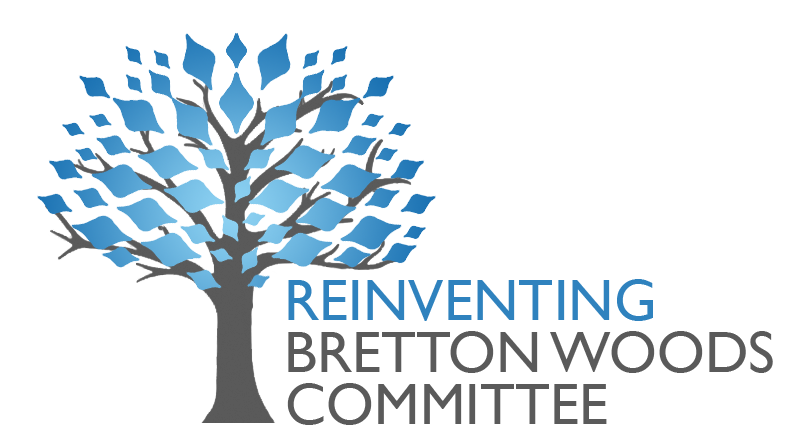China and the Global Financial Architecture: Keeping Two Tracks on One Path
Washington DC, April 22, 2022
Partners


Overview
The structure of the international financial architecture and its purpose in providing the essential public goods of financing for development and a global financial safety net has evolved significantly since its creation in 1944. A major factor has been the rise of China, in its role both as a member of existing multilateral financial institutions and a builder of new ones. As G7 countries in particular have sought to come to terms with China’s rise within the multilateral system, growing geopolitical conflicts are now placing further stress on the existing architecture.
In the context of the Spring Meetings of the International Monetary Fund and World Bank, this round table discussion exploreD options and recommendations for renewed multilateral commitment to provide the global public goods of development finance and an international financial safety net.
The two-hour session covered two topics. First, it assesd the implications for development and global economic governance. Second, it looked at the international monetary and financial system and the role of China. To facilitate discussion, Professor Paola Subacchi opened with a presentation of her new report from Friedrich-Ebert-Stiftung, China and the Global Financial Architecture: Keeping Two Tracks on One Path, followed by brief remarks from Scott Morris, who offered highlights from the recent CGD report, Mapping China’s Multilateralism: A Data Survey of China’s Participation in Multilateral Development Institutions and Funds.
Program
OPENING REMARKS
Masood Ahmed, President, Center for Global Development
PRESENTERS
- Scott Morris, Senior Fellow and Co-Director for Sustainable Development Finance
- Paola Subacchi, Professor of International Economics and Chair of the Advisory Board, Global Policy Institute, Queen Mary University of London
